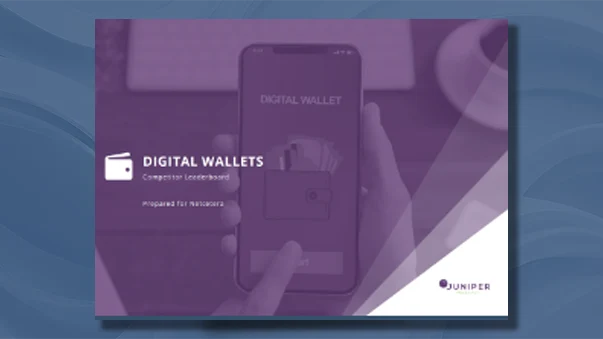As we look into the future, the potential of banking apps' evolution towards the concept of super apps, together with conversational AI and machine learning leveraging data in the banking industry, seems boundless. The convergence of data, technology, and customer-centricity holds the promise of a banking experience that is seamless, personalized, and intuitive. Mobile banking apps will continue to evolve, integrating new technologies such as blockchain, the Internet of Things (IoT), and augmented reality (AR), further enhancing the banking landscape. Moreover, AI-driven insights will enable banks to go beyond transactions and become trusted financial companions, empowering customers to make informed decisions and achieve their financial goals, but also bring in other industry services to an ecosystem format that they can orchestrate.
In conclusion, the symbiotic relationship between super apps, AI, and data is revolutionizing the banking industry. By harnessing the power of data, banks can deliver highly personalized experiences, streamline operations, enhance security, and drive customer engagement.
The future of banking lies in leveraging the potential of evolving current mobile banking apps and digital wallets towards the concept of super apps and AI to unlock the total value of data, creating a transformative banking experience for customers and setting the stage for the next era of financial innovation.


